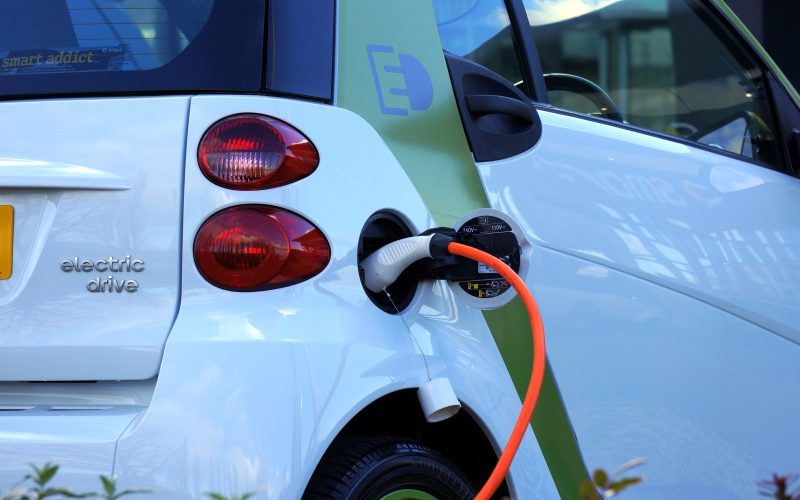The electric vehicle industry has been a global phenomenon, with countries around the world investing heavily in the development and production of EVs. And as this market grows, so too does the demand for lithium-ion batteries that power these vehicles. But recently, prices for Chinese lithium have dropped significantly, signaling a weakening in the industry’s demand for this key resource. In this blog post, we’ll explore why Chinese lithium prices have plummeted and what this could mean for the future of the EV market.
The current state of the electric vehicle market in China
In China, electric vehicle sales have been slowing down since June 2018, when the government ended its subsidies for such vehicles. This has caused prices for lithium, a key component in electric vehicle batteries, to plummet in the country.
According to data from the China Passenger Car Association, sales of new energy vehicles (NEVs) declined by 21% in September 2018 compared to the same month a year earlier. This followed a 9% decline in August and a 7% decline in July.
The slowdown in NEV sales has been attributed to several factors, including the end of subsidies, range anxiety (the fear that an electric vehicle will not be able to make it to its destination on a single charge), and a lack of charging infrastructure.
As a result of the slowdown in demand, prices for lithium carbonate – one of the most commonly used forms of lithium – have fallen sharply. According to data from Metal Bulletin, the price of lithium carbonate fell from $13,500 per tonne in early 2018 to $9,500 per tonne by the end of the year.
The decline in prices is likely to continue in 2019 as overcapacity continues to plague the lithium market. According to Australian mining company Pilbara Minerals, there could be as much as 250kt of excess capacity by 2020. This could put further downward pressure on prices and make it difficult for producers to achieve profitability.
The impact of weak electric vehicle demand on lithium prices
The recent plunge in Chinese lithium prices is a direct result of weakening demand for electric vehicles (EVs). This is largely due to the ongoing trade war between the United States and China, which has led to a sharp slowdown in economic growth in both countries. As a result, EV sales have declined sharply, leading to oversupply and plunging prices for lithium.
This is bad news for producers of lithium, who have seen their profits squeezed by falling prices. It also raises concerns about the long-term viability of the electric vehicle market, as lower prices make it harder for manufacturers to recoup their investment costs. However, it is worth noting that Chinese demand for EVs is still expected to grow strongly in the future, despite the current slowdown. So while weak demand may be causing problems in the short term, the long-term outlook for lithium remains positive.
What this means for the future of the electric vehicle market in China
When it comes to electric vehicles, China is the world’s largest market. In 2015, sales of EVs in China totaled 320,000 units, accounting for 40% of global sales (1). However, this market has begun to show signs of weakness in recent months. In October 2016, Chinese EV sales fell by 36% compared to the previous month (2). This decline appears to be due in part to a decrease in subsidies for EVs, which have been cut by as much as 50% in some provinces (3).
What does this mean for the future of the electric vehicle market in China? It is difficult to say definitively, but it seems likely that sales of EVs will continue to slow in the short-term. This could have a ripple effect on the global EV market, as China has been a major driver of growth in this area. If EV sales do not pick up soon, it could lead to a slowdown in innovation and investment in the sector.
In the long-term, however, it is still possible that China will remain a key player in the EV market. The Chinese government has stated its goal of having 5 million EVs on the road by 2020 (4), and it is possible that they will take steps to support this goal even if EV sales are weak in the near-term. For now, however, it seems that the future of the electric vehicle market in China is uncertain.
Conclusion
It is clear that the Chinese lithium market has been heavily impacted by the weak electric vehicle demand. Prices have fallen by a staggering 30%, which could have far-reaching consequences for manufacturers and miners alike. While it may be too early to determine exactly how this will affect the industry in the long run, it is still important to pay attention to these developments as they are indicative of broader trends within the global economy.












